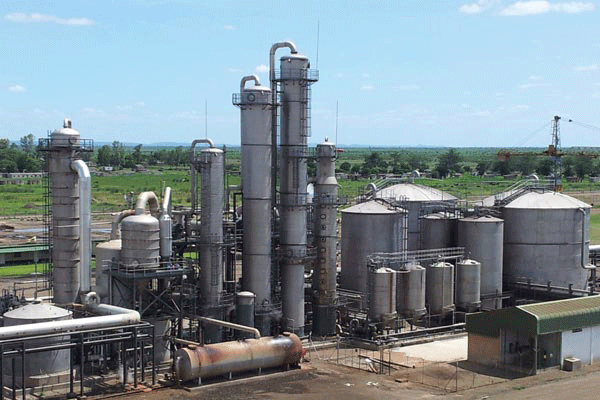
Forward-looking governments have ensured the mainstreaming of renewable energy sources, with solar and wind power emerging as the world’s fastest growing energy sources. A lack of resources combined with a lack of willpower has ensured that Zimbabwe lags behind in switching to more sustainable and environmentally-friendly energy sources.
environment By Chipo Masara

According to a study carried out by the United Nations Environment Programme, biomass currently accounts for 50% of the energy used in Zimbabwe, with coal and electricity accounting for 13% and 12% respectively.
Fuel wood remains the major source of cooking, lighting and heating, mostly in rural and peri-urban areas — which would help explain why areas that were heavily forested a decade ago, now lay quite bare. Deforestation has reached unprecedented levels in the country, with real fears that if it continues at the same rate, most parts of the country will resemble deserts in the not-too-distant future.
The unreliability of Zesa-supplied electricity, coupled with its complete non-existence in some areas forced many to turn to solar energy. With the abundance of the sun in Zimbabwe, the country –like other countries in southern Africa — normally experiences extreme weather conditions. Thus, turning to solar energy has proved to be a very viable option. Many, however, still find the high costs of solar installation deterrent.
While conventional energy sources (that we cannot reproduce) such as oil and natural gas have without doubt played a pivotal role in promoting economic growth, they are continually becoming unsustainable. It is now common knowledge that the world and especially Africa — is in the throngs of a debilitating climate change phenomenon and it is such conventional energy sources that triggered it.
The fossil fuel that forms the basis of conventional energy, for instance, deposits greenhouse gases into our environment every day, which scientists believe to be the chief cause of the human-induced climate change and global warming scourge that continues to cause a stir worldwide.
In Zimbabwe, the phenomenon has manifested in alarmingly high temperatures, unpredictable weather conditions, erratic rainfall patterns marked with extremities like long dry spells in-between heavy floods, etc.
- Chamisa under fire over US$120K donation
- Mavhunga puts DeMbare into Chibuku quarterfinals
- Pension funds bet on Cabora Bassa oilfields
- Councils defy govt fire tender directive
Keep Reading
Considering this, there is general consensus that there is real need to invest in unconventional energy sources that not only guarantee sustainable future energy supplies, but give assurance of clean energy that benefits people without killing the environment and further jeopardising our future well-being and that of generations to come.
Alternative energy sources like solar energy, wind energy and geothermal energy, among others, are renewable, which makes them reliable sources whose consistent supply we can bank on.
But maybe the best part is that renewable energy sources are environmentally-friendly as they have been proved to have lower carbon emissions compared to conventional energy sources. Solar energy for instance, is considered the best thing going from an environmental perspective as it involves no urban smog, no acid rain, and no pollution whatsoever and most importantly because it does not use up natural resources. Furthermore, it is renewable and as long as the sun shines (as it almost certainly will), its energy will reach Earth.
On a positive note, the Chisumbanje ethanol-blended fuel project by Green Fuel certainly needs to be applauded. While many were initially sceptical of the project and looked at it with mistrust, it has proved to have certainly been a move in the right direction. It has to a notable extent helped ease demand on the petroleum-based fuel, which has adverse effects on the environment and whose supply is not guaranteed as most of it is imported from the Middle East.
But having been used to the conventional energy sources for so long, it is natural that people would be sceptical of new energy sources. That is why there is real need to educate the generality of our people on how alternative energy sources work, and why they are more beneficial.
Access to energy is essential for the promotion of economic growth and consequent reduction of poverty, and there is a lot of potential for the establishment of renewable energy technologies in Zimbabwe. However, for one reason or another, the various renewable energy options available are not being explored at the rate they should be.
The government needs to pay cognisance to the fact that in order for the country to comfortably move into the future, there is need to safeguard future energy supplies, and that will only be made possible if there is a shift towards renewable energy.
Feedback: [email protected]











